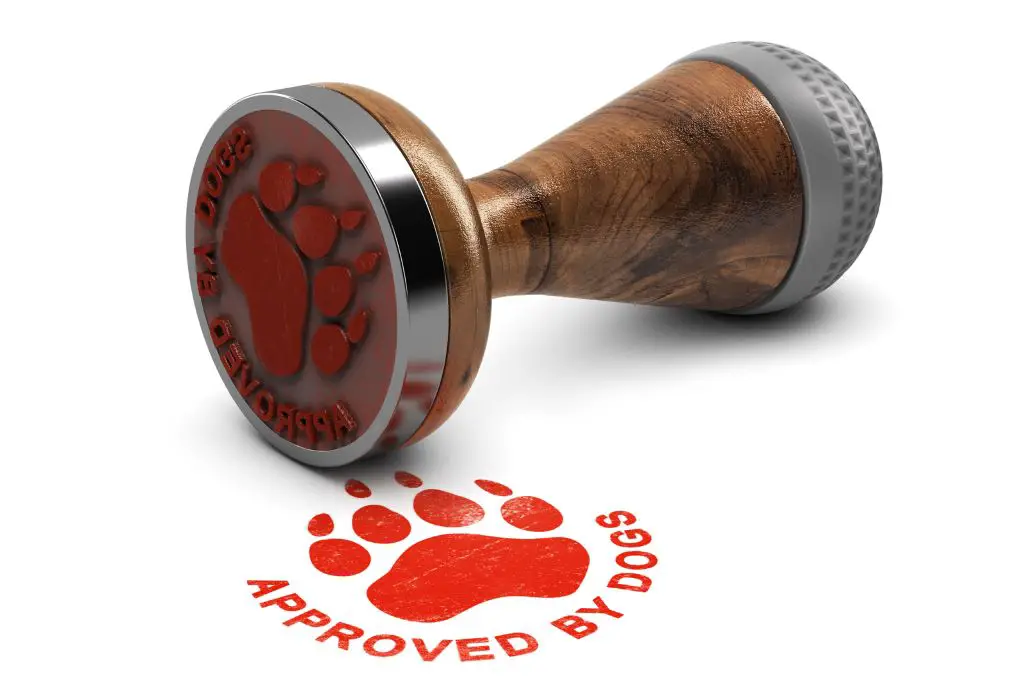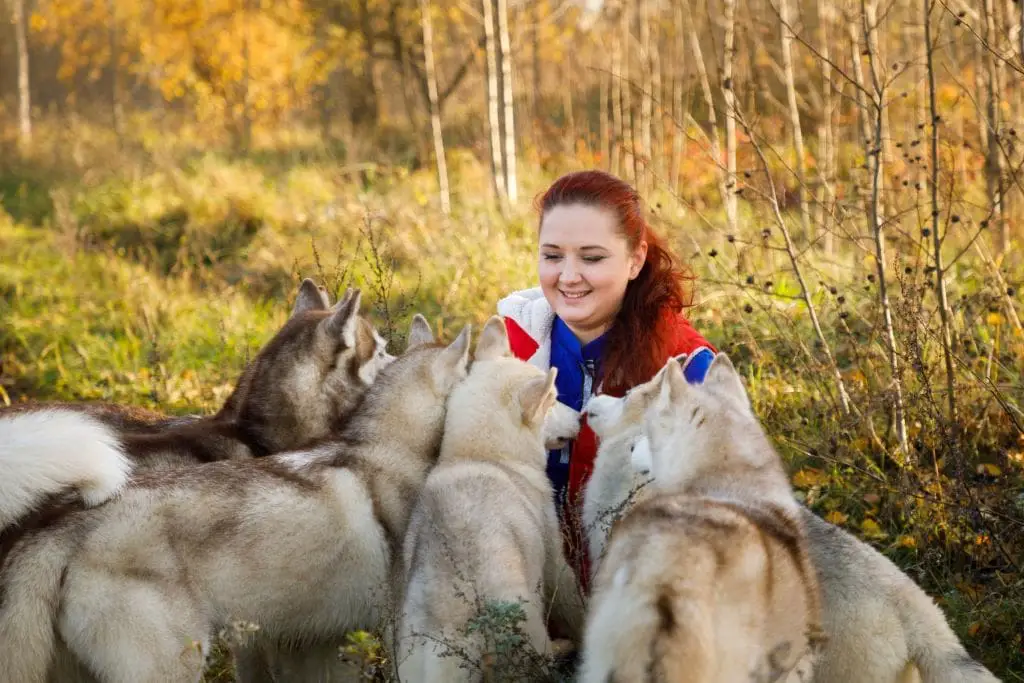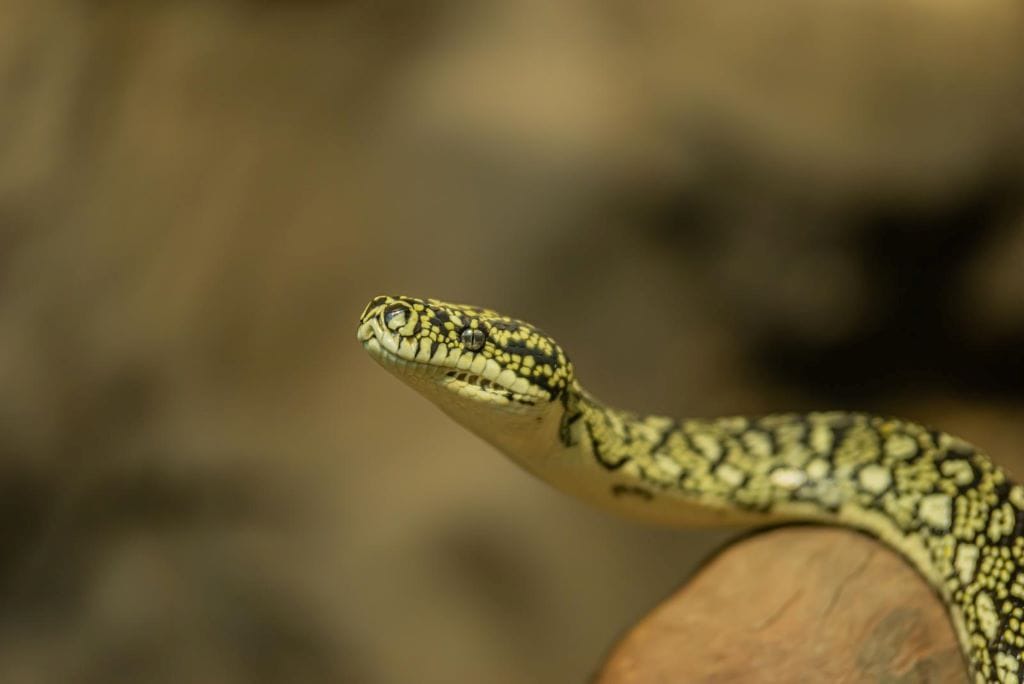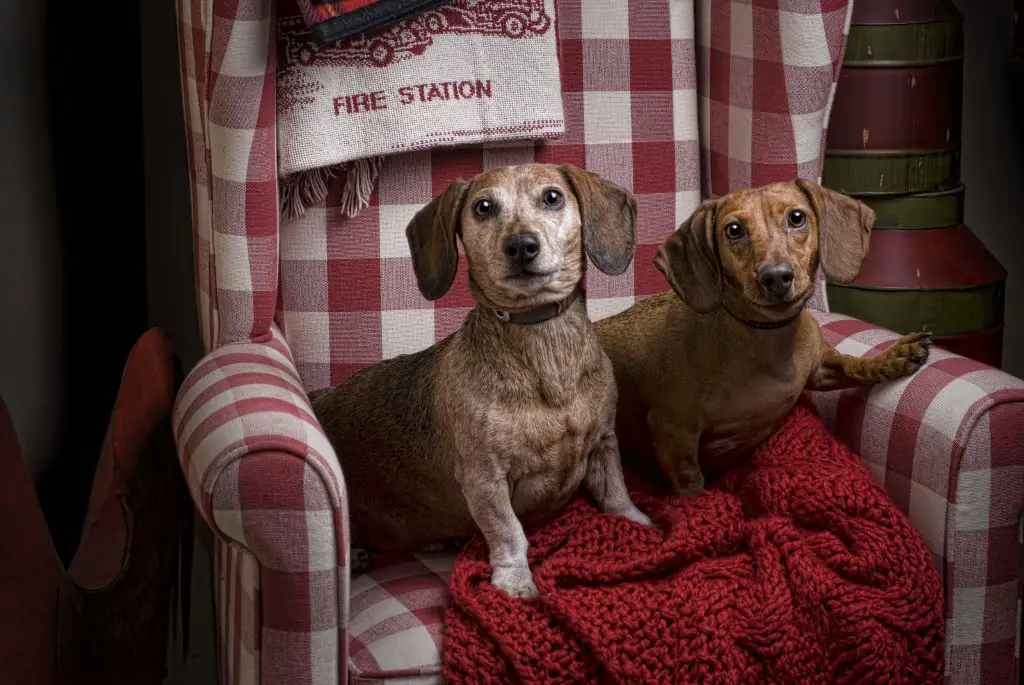Did you know that there are over a million different animal species in the world? As an aspiring breeder, your role in understanding and preserving these diverse genetic lines is invaluable. It’s not just about producing cute puppies or kittens; it’s way deeper than that.
Becoming a certified breeder involves comprehending intricate animal genetics, implementing health testing, upholding ethical breeding standards, and gaining hands-on professional experience. You’ll also need to apply for certification and commit to ongoing education to keep up with the ever-evolving field of animal science.
This article will guide you through each step of this rewarding journey so you can play your part in promoting healthy, ethically-bred animals. Let’s dive into the fascinating world of breeding and discover how you can turn your passion for animals into a rewarding career or hobby!
Key Takeaways
• Understanding and preserving genetic lines is crucial for aspiring breeders.
• Genetic testing for maintaining breed health integrity is essential.
• Gaining professional experience through internships or apprenticeships is important.
• Certification is a testament to passion, integrity, and commitment as a breeder.
Understanding Animal Genetics
You’ll be amazed at how unlocking the secrets of animal genetics can transform your journey to becoming a certified breeder. To breed and learn as much as possible about your chosen species, understanding animal genetics is pivotal. This knowledge serves as the foundation for making informed decisions on selective breeding.
Canine genetics, for instance, will unveil a wealth of information if you’re interested in dog breeding. This field provides insights into how traits are passed from parent to offspring and can help identify potential health risks certain breeds may face due to hereditary conditions.
As a breeder, one must delve deeper into genetic testing as it offers valuable data that aids in maintaining the health integrity of your breed line. It’s an essential tool that helps prevent the propagation of undesirable or harmful traits within future generations.
Remember, being armed with this vital information isn’t just advantageous—it’s necessary! Comprehending these genetic complexities not only elevates your status as a knowledgeable breeder but also ensures you’re contributing positively to the overall wellness and progression of your selected breed. That’s what distinguishes an ordinary enthusiast from a certified professional breeder!
The Importance of Health Testing
Without a doubt, health testing’s crucial role can’t be overstated in producing litters with superior genetic traits and vitality. As a breeder seeking certification, you must take this seriously. Certified dog breeders understand that comprehensive veterinary care is more than just routine check-ups; it involves rigorous health testing for prevalent medical conditions specific to the breed.
This is important for several reasons:
• It builds trust and confidence among potential pet owners.
• It ensures that you’re providing puppies free from hereditary diseases.
• It safeguards the overall well-being of your breeding stock.
• It enhances your reputation as a breeder committed to high-quality standards.
Your journey towards becoming a certified breeder needs an in-depth understanding of various health tests pertinent to your chosen breed. Research widely on these tests, or better yet, enroll in reputable certification programs offering courses on canine genetics and health screening.
Remember, performing regular health checks isn’t just about ticking boxes in a checklist — it’s about ensuring the lifelong happiness and wellness of every puppy born under your care. By doing so, you can greatly contribute to improving the genetic pool and longevity of your beloved breed.
Ethical Standards for Breeding
Navigating the world of ethical dog breeding, it’s crucial to uphold the highest standards and principles, painting a picture of integrity and dedication in every step you take. An integral part of being a responsible dog breeder is committing to ethical standards for breeding. This means that your practices should always prioritize the welfare of your dogs above everything else.
Ethical breeders strive to enhance their breed through careful selection and thoughtful pairing. They are not merely producing puppies for sale but are deeply invested in improving the health, temperament, and overall quality of their chosen breed. This commitment also includes providing proper care, socialization, and training to each puppy produced.
Breeding practices must be transparent and accountable. You should be prepared to answer any questions potential buyers may have about the parent dogs’ health histories or genetic testing results. Ethical practitioners stay updated with best practices in veterinary medicine, canine nutrition, genetics, behavior science among others.
Your ultimate goal is ensuring that every puppy you bring into this world has a chance at a happy and healthy life. It’s this unwavering commitment that truly defines what it means to be an ethical breeder.
Gaining Professional Experience
Gaining professional experience in dog breeding isn’t just about learning the ropes; it’s crucial for understanding each breed’s specific needs, habits, and health considerations. If you’re considering becoming a dog breeder, there are several important steps to ensure your success.
Firstly, gaining professional experience should be your top priority. Even if you’ve raised dogs before, running a breeding business is a different ball game altogether. A successful dog breeder must have hands-on experience with various breeds and their unique requirements. It means spending time at kennels or volunteering with animal welfare organizations to learn the ins and outs of daily care, nutrition needs, and common health issues of different breeds.
Next, consider doing an internship or apprenticeship under an experienced breeder. This will provide you with invaluable insights into running a successful dog breeding business—everything from selecting healthy parents for breeding to managing litters.
Remember that every step towards gaining professional experience counts. So even if it feels like slow progress at first, keep going. Your dedication will pay off when you finally launch your own thriving dog breeding business—a venture built on knowledge, skill, and genuine love for dogs.
Applying for Certification

Just as you wouldn’t trust a doctor without a medical degree, your credibility as a dog breeder is significantly bolstered by obtaining relevant certifications. Applying for certification isn’t just paperwork—it’s an affirmation of your commitment to ethical breeding practices and canine health.
To become certified, here are the steps you need to follow:
- Complete your breeder license application: This form verifies that you’ve met all requirements and are ready to uphold high standards in breeding.
- Pay any associated fees: These funds help support the upkeep and regulation of the program.
- Pass an inspection from the American Kennel Club (AKC): The AKC ensures breeders adhere to their stringent guidelines for animal welfare.
Remember, becoming certified isn’t about jumping through hoops—it’s about proving that you’re dedicated to producing healthy, happy dogs. Your breeder license will be more than a piece of paper; it’ll be a testament to your passion and integrity. When applying for certification from organizations like the American Kennel Club, remember: this isn’t just about getting approval; it’s about joining a community that values responsible dog breeding.
Maintaining Your Certification and Continuing Education
Keeping your certification up-to-date and continuing your education in the field isn’t just necessary—it’s a sign of your unwavering commitment to providing the best care for your dogs. As a certified dog breeder, you have an essential responsibility to maintain high standards for health, safety, and ethical behavior.
One key aspect of maintaining your certification is complying with all AKC regulations and breed-specific guidelines. These rules are put in place by experts who know what’s best for each breed, so it’s vital that you stay informed about any changes or updates. Regularly checking the AKC website can help achieve this.
Continuing education is another crucial component in becoming a more competent dog breeder. This means actively seeking out new knowledge, whether through formal courses or informal learning opportunities like seminars and workshops. It’s about staying on top of current research, trends, and practices within the breeding industry—things that can make a significant difference in the lives of your dogs.
So remember: being committed to continuous learning isn’t just about ticking boxes or collecting certificates; it’s about embodying excellence as a certified dog breeder.
Frequently Asked Questions
What are the financial implications of becoming a certified breeder?
Becoming a certified breeder can be pricey. You’ll need to budget for certification fees, health tests for your animals, quality food and shelter, as well as potential vet bills. It’s an investment in both time and money.
How much time does it typically take to become a certified breeder?
Oh, you’re eager to enter the puppy-filled paradise of certified breeding, are you? Well, strap in because it typically takes anywhere from 18 months to 2 years to earn that coveted certification.
What types of animals can I breed as a certified breeder?
As a certified breeder, you can breed various types of animals. This includes dogs, cats, horses, and exotic birds. Some breeders specialize in reptiles or fish. It’s all about your personal interest and expertise.
Are there specific facilities or equipment needed to start breeding?
Yes, to start breeding you’ll need specific facilities and equipment. These may vary based on the animal type, but generally include proper housing, feeding apparatuses, and health monitoring tools for the animals’ welfare.
How can I market my animals and find potential buyers?
Imagine your animals as stars in a blockbuster movie. To put them on the marquee, you’ll need effective marketing channels—like social media, breed-specific forums, or local pet expos—to spotlight their unique traits and find buyers.
Conclusion
So there you have it, folks. You’ve journeyed from the mysteries of animal genetics to ethical breeding practices, and even braved the certification process. Like a knight on a noble quest, you’re now ready to become a certified breeder in this modern world.
Remember, keep your skills sharp and continue learning—your chivalrous steed might be a show dog or pedigree cat instead!









